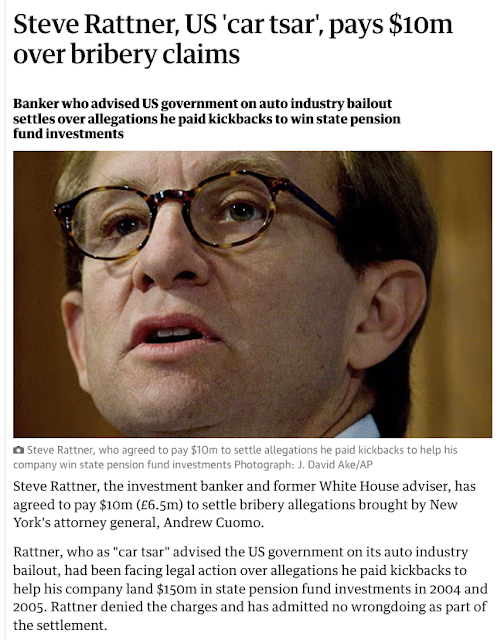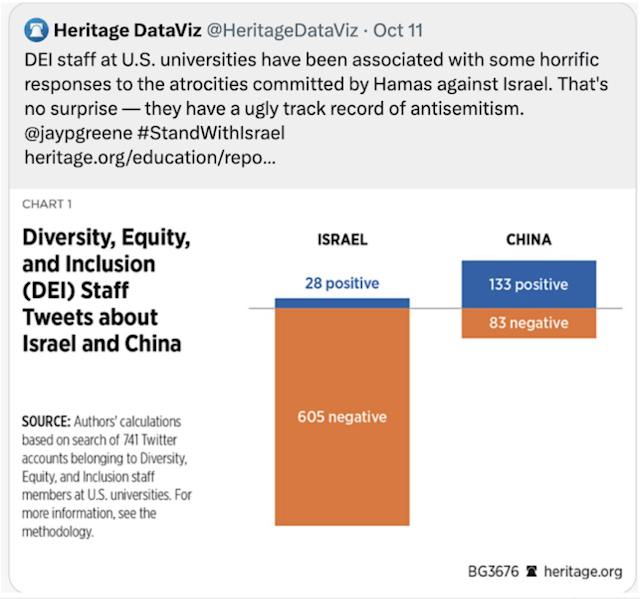26. A nice glass of really cold seltzer. So heavily carbonated that it hurts when you drink it.
27. "Gooseberries," a short story by Anton Chekhov.
28. "A Walk with Elizanne," a short story by John Updike.
29. "It Looked Like Forever," a baseball novel by Mark Harris, about a left-handed pitcher turning 40 and trying to hang on one more season so his youngest (of five) daughters can see him play in the Big Leagues.
30. My favorite short story of all, "A&P," again by Updike.
31. Having time to actually read.
32. When Dizzy Gillespie ran for president. I wish he had won.
33. When people under 80 ran for president.
34. When the subway had news-stands on the platforms and you could go out through one door, get a paper, go in through another door before the train left.
35. The Halal chicken and lamb combo from the Egyptian guy in front of the Toyota dealer on 11th Avenue across from Ogilvy. I said thank you to him once in Egyptian and we were friends for life.
36. One-liners. Like "my wife's nickname is 'the widow-maker.'"
37. abebooks.com, where you can find just about any book you can find on amazon at about 1/10 the price.
38. Really good New York coffee shops where they bring you your order--correctly--before you even order it.
39. A good cup of coffee from an independent coffee shop--not Starbucks or the like.
40. A good piece of apple pie. On a clean plate.
41. The theme song to "Car 54, Where Are You?" "There's a hold-up in the Bronx/ Brooklyn's broken out in fights/There's a traffic jam in Harlem that goes onto Jackson Heights/There's a scout troop's lost a child/Krushchev's due at Idlewild/Car 54, Where Are You?"
42. When Kennedy airport was still called Idlewild.
43. And cabs still had mechanical meters. That went up in 10-cent increments, not dollar by dollar.
44. A good milkshake--and the "dividend." (When you were given the extra that was left in the stainless-steel mixing cup.
45. Howard Johnson's. (The restaurant. Not the third baseman.)
46. A two-hour baseball game. And 20-game winners.
47. To that end, Warren Spahn. He won 20 games 13 times, including six seasons in a row.
48. Skee-Ball with real wooden balls and a 'trip' so you can play all-day for free.
49. Ideal Coffee Shop, an old German diner on East 86th Street in Germantown, where you could get a good knockwurst with red cabbage and sit on a stool at the counter. And enjoy yourself.
50. The last post of 2023. An annus horribilis for much of the world and while much was good for me, including my wife, daughters and our new puppy, it is a sad time for lovers of humanity.








































